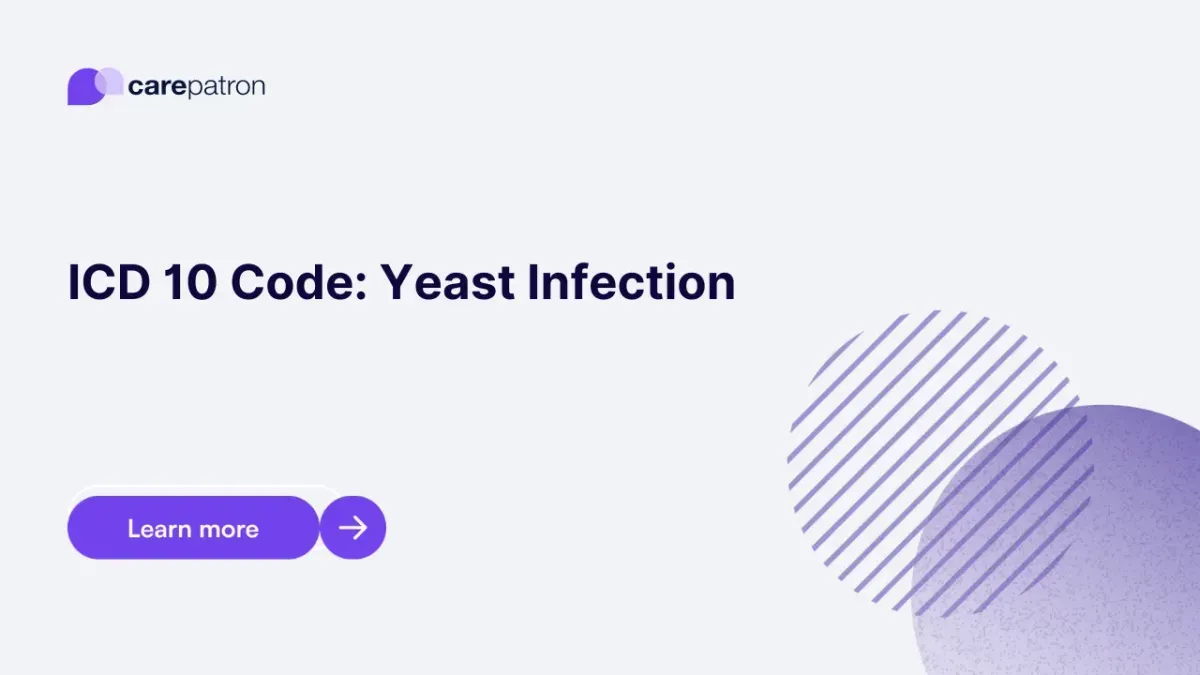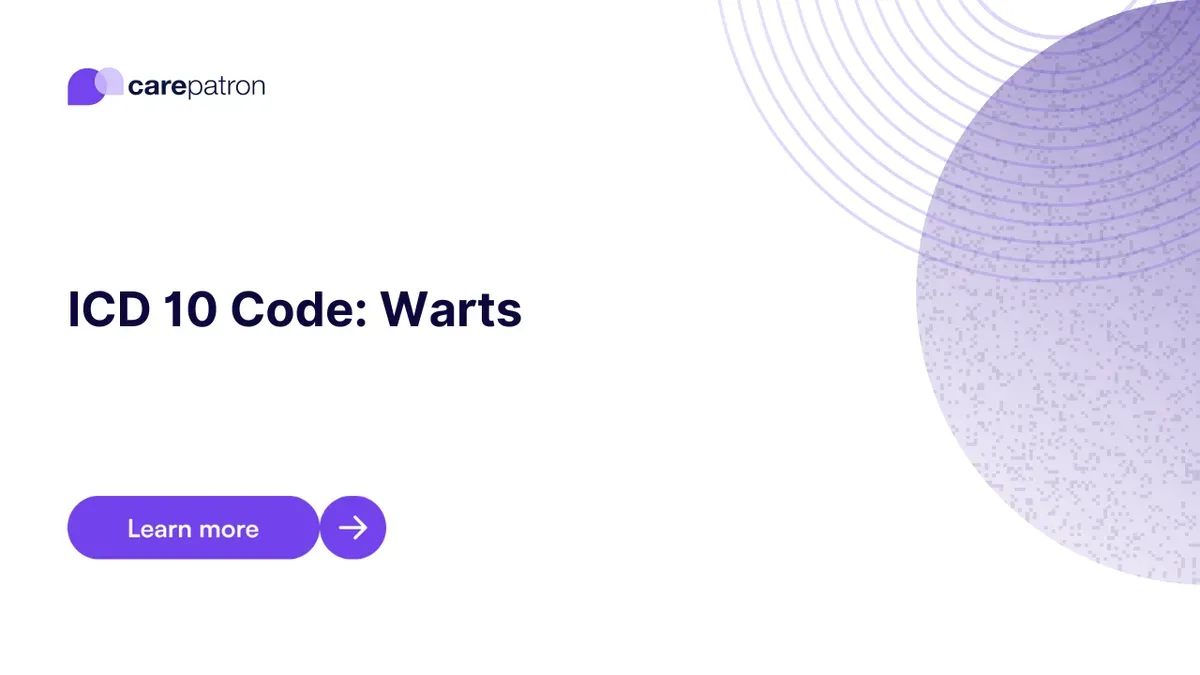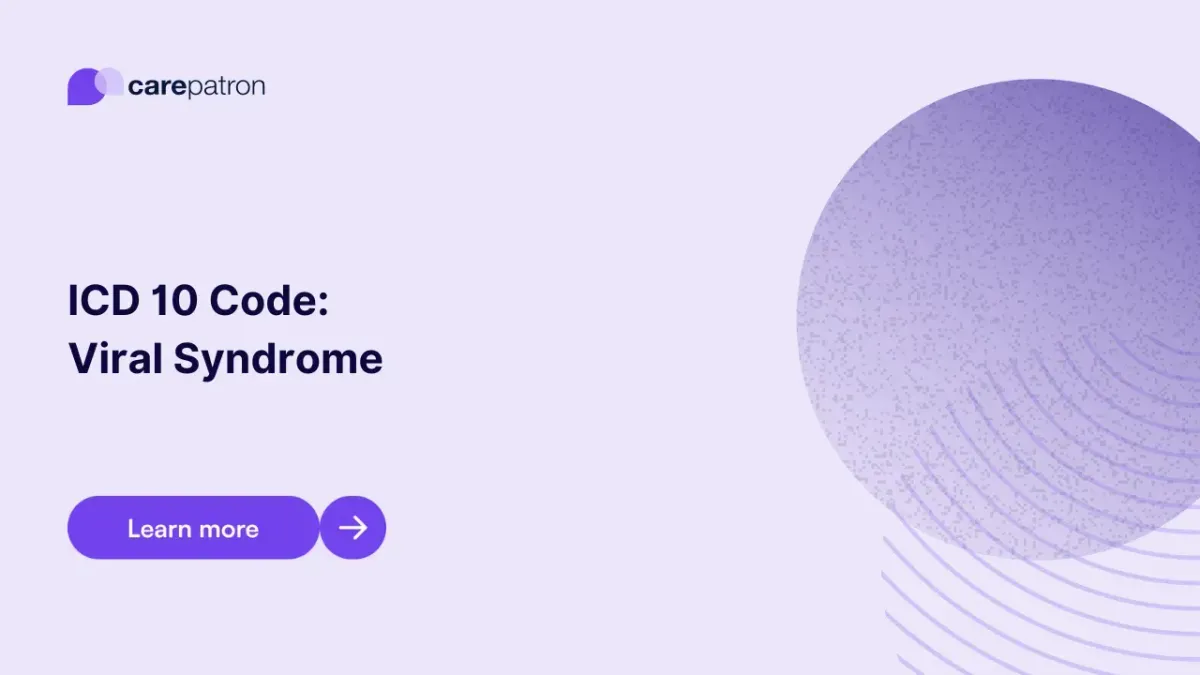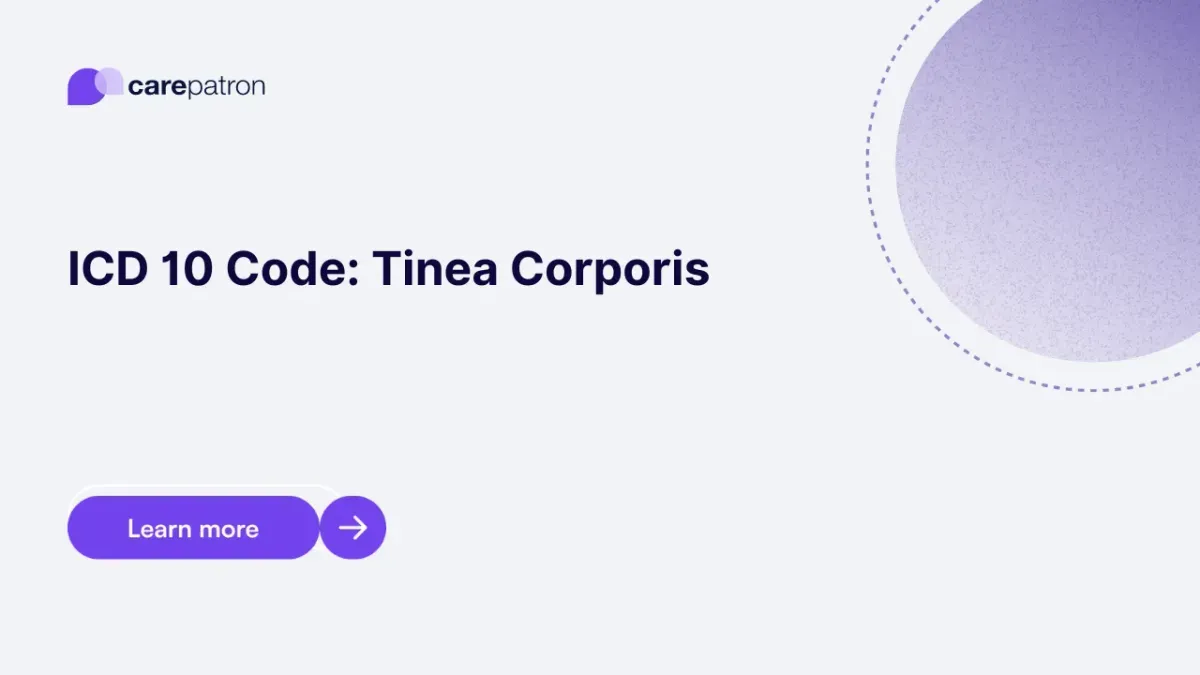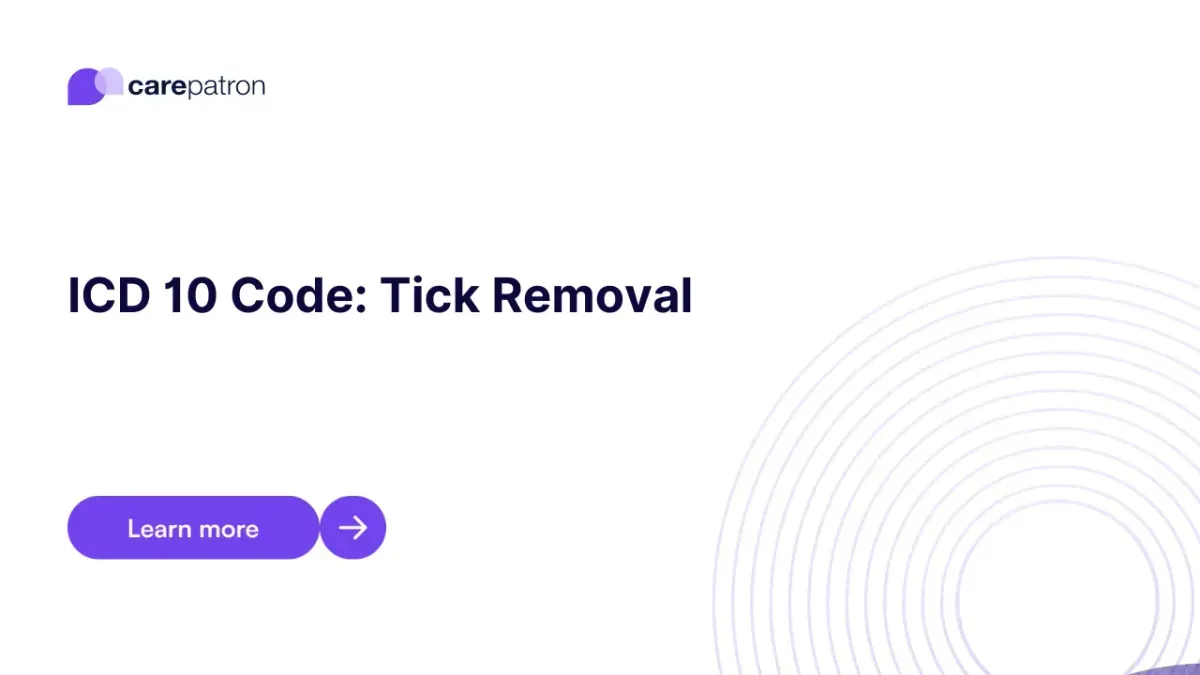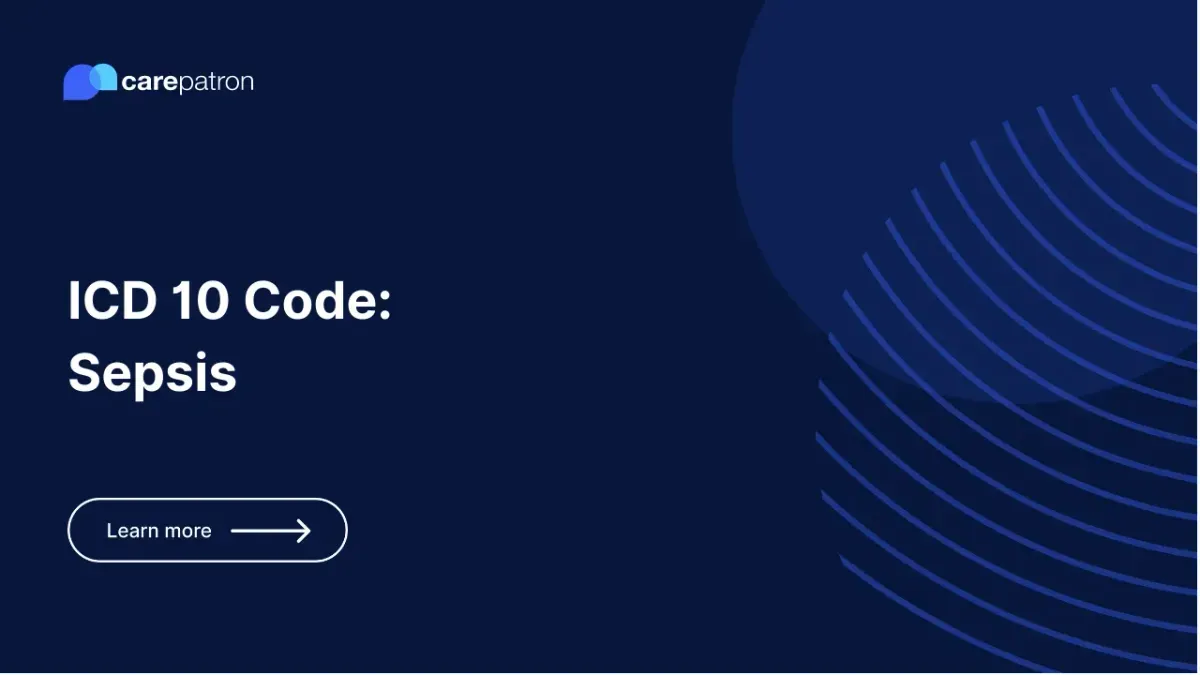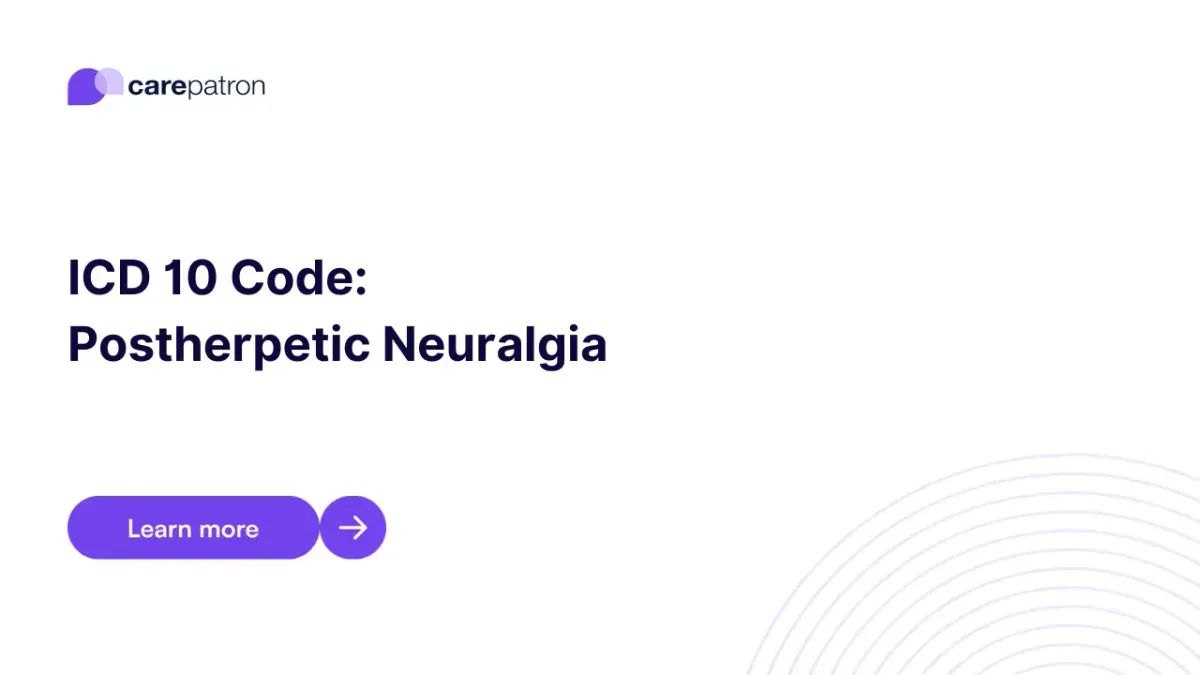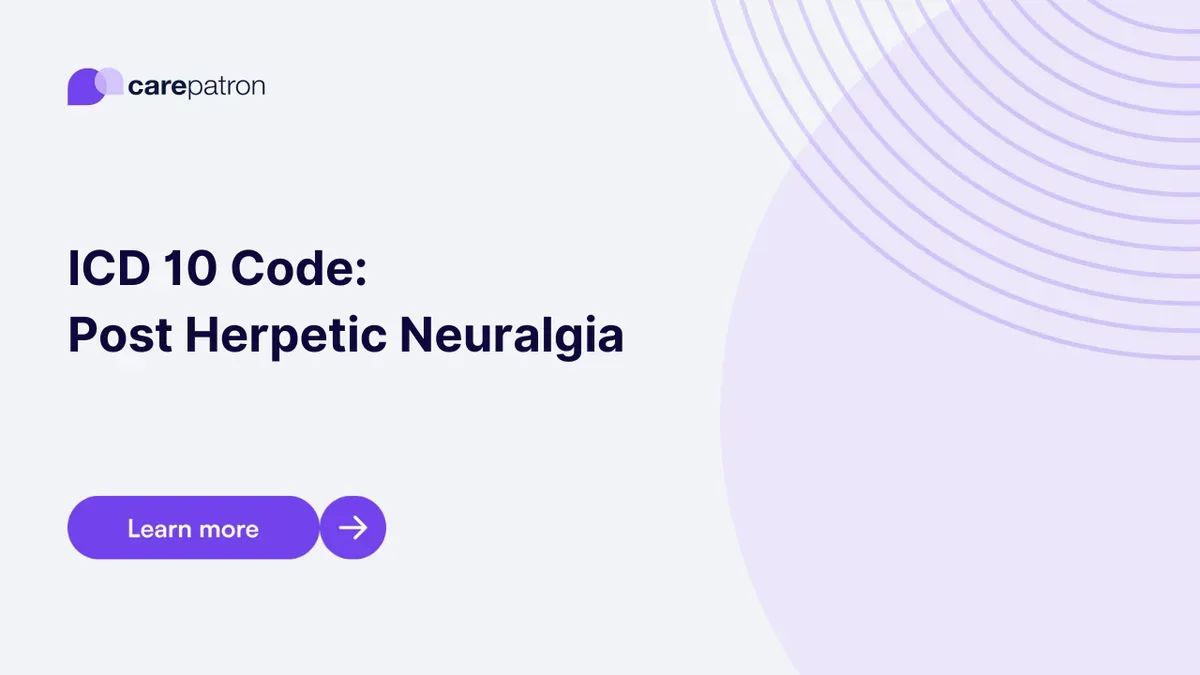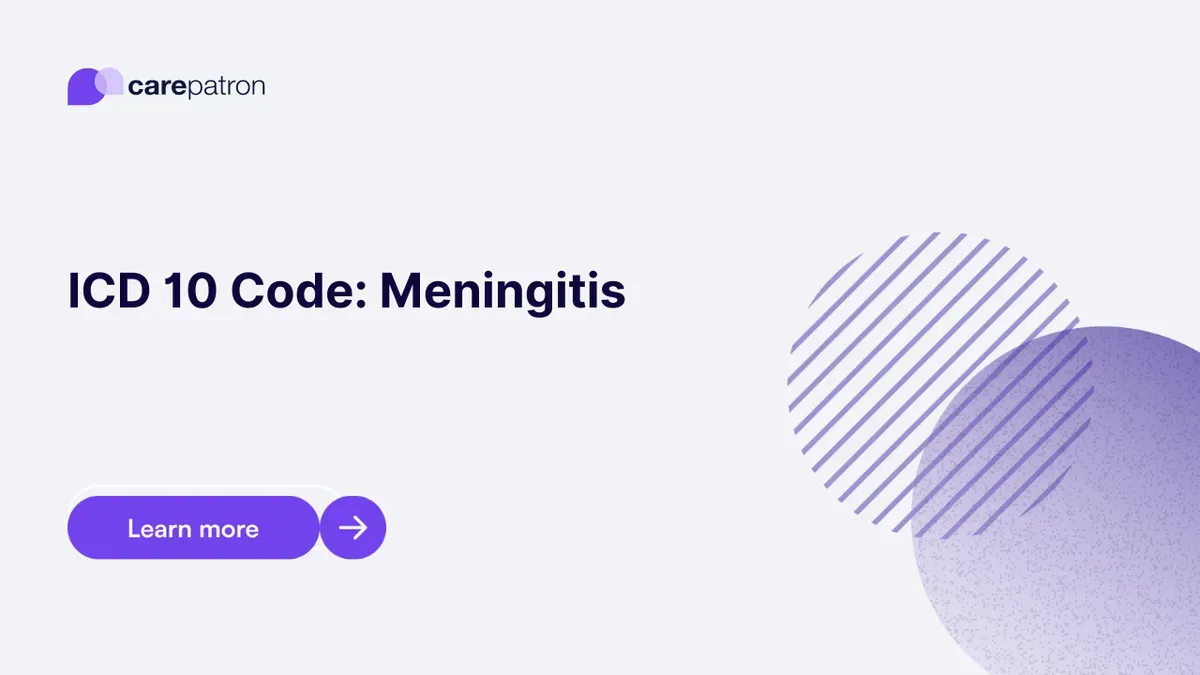I: Certain infectious and parasitic diseases (A00-B99)
Explore the world of infectious and parasitic diseases with our comprehensive ICD-10 category I. Here, you'll find a wealth of information on a wide range of conditions caused by bacteria, viruses, fungi, and parasites. From common infections like the flu and strep throat to more complex diseases such as tuberculosis and malaria, we've got you covered. Within category I, you'll discover various subcategories that delve deeper into specific infectious and parasitic conditions. Explore A00-A09 for intestinal infectious diseases, B15-B19 for viral hepatitis, and B50-B64 for protozoal diseases. Each subcategory contains links to pages dedicated to individual diseases, providing in-depth information on symptoms, diagnosis, and treatment options. Whether you're a healthcare professional or simply seeking to expand your knowledge, our ICD-10 category I is your gateway to understanding and managing infectious and parasitic diseases. Start exploring and empower yourself with valuable insights into these prevalent health concerns.
Yeast Infection ICD-10-CM Codes
Explore the ICD-10-CM codes related to yeast infections, key for accurate medical documentation, insurance billing, and targeted treatment strategies for 2023.
Warts ICD-10-CM Codes
Read this short guide and learn about relevant Warts ICD codes you can use to enable accurate medical billing and coding.
Viral Syndrome ICD-10-CM Codes
Learn about the ICD codes for viral syndromes that you can use through this guide.
Verruca Vulgaris ICD-10-CM Codes
Learn about the different verruca vulgaris ICD-10-CM codes you can use through this guide.
Tinea Corporis ICD-10-CM Codes | 2023
Read this short guide to learn about Tinea Corporis ICD codes you can use.
Tick Removal ICD-10-CM Codes
Learn more about the essential ICD-10 codes used for tick removal, their clinical significance, and more.
Thrush ICD-10-CM Codes
Learn about the different thrush ICD-10-CM codes you can use through this guide.
Shingles ICD-10-CM Code
Learn the ICD-10 Codes Used for Shingles diagnosis. Gain insights into the importance of accurate medical coding for billing and tracking purposes.
Sepsis ICD-10-CM codes | 2025
Learn more about the ICD-10 codes used for Sepsis, their billability, synonyms, and FAQ answers. Feel free to use our guide to code sepsis more accurately.
Postherpetic Neuralgia ICD-10-CM Codes
Explore ICD-10-CM codes for postherpetic neuralgia, a nerve pain complication of shingles, including types, diagnosis, and billing details for PHN cases.
Post Herpetic Neuralgia ICD-10-CM Codes
Explore the key ICD-10 codes for diagnosing Postherpetic Neuralgia, a painful shingles complication. Learn about their clinical significance and usage.
Meningitis ICD-10-CM Codes
Read this short guide to learn about Meningitis ICD codes you can use.
I: Certain infectious and parasitic diseases (A00-B99)
The ICD-10 category "Certain infectious and parasitic diseases" (A00-B99) is a critical component of the international healthcare classification system, designed to comprehensively classify and code diseases caused by infectious agents like bacteria, viruses, fungi, parasites, and other microorganisms. Within this category, the utilization of ICD guides is indispensable, ensuring accurate coding and thorough documentation of infectious diseases. ICD guides for infectious diseases provide an in-depth breakdown of subcategories within this classification. For example, subcategories A00-A09 encompass bacterial diseases, while B00-B99 deal with viral infections. These guides are indispensable tools for precise classification, enabling accurate tracking and reporting of infectious diseases. They assist healthcare providers in identifying the nature of the disease, its mode of transmission, and potential public health implications, which are vital for effective outbreak monitoring and control. Furthermore, ICD 10 guides within this category play a pivotal role in healthcare management, aiding providers in making well-informed decisions regarding patient care and treatment strategies. Additionally, they facilitate billing and reimbursement processes, ensuring that healthcare services receive appropriate compensation. The importance of accurate coding in this category extends beyond individual patient care. These codes are essential for epidemiological studies, allowing health agencies and researchers to monitor disease trends, identify emerging pathogens, and assess the effectiveness of prevention and control measures. Timely and precise coding is critical for early detection of outbreaks and implementation of public health interventions, such as vaccination campaigns or quarantine measures.

